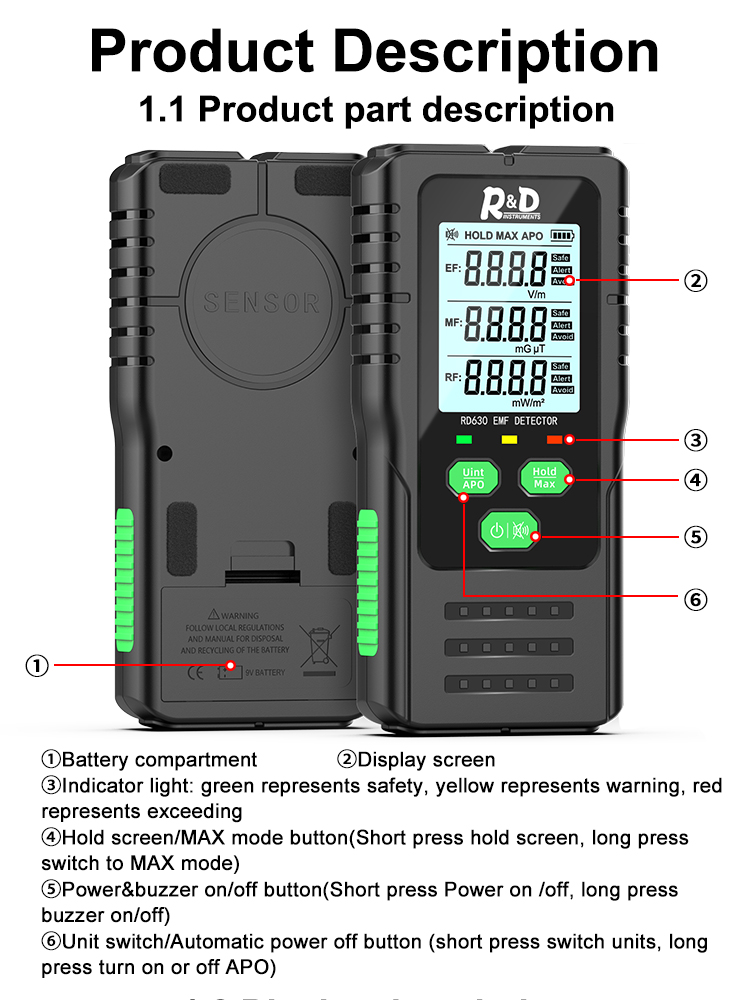We are the Best in Town With over 10 Years of Experience.
- Phone Number
- +251-910-858-302
- Yeka Sub-City, Woreda 11
Asmara Road, Addis Ababa, Ethiopia.
- Email Address
- info@addisagents.com
Have you heard that it is a good idea to refuse a breath or chemical test when stopped on suspicion of DUI? Not; refusal can typically prove more damaging than beneficial; specifically in New York where penalties for rejection can be severe and our lawyers who have actually served as district attorneys can utilize their know-how in your refusal case.
United States law recognizes 2 categories of breath test laws. Implied consent laws mandate all chauffeurs arrested for DUI to submit to breath, urine or blood alcohol level (BAC) tests immediately upon arrest; while state laws stipulate particular procedures officers should abide by when offering breath or chemical tests; often these state laws tend to be stricter.
When asked for to breathe test by police, an officer needs to do so within two hours of arrest. He/she ought to inform you of the consequences for refusing a test as well as offer a copy of any state laws regarding charge for rejection; they must also supply clear and reasonable guideline each time an officer uses one to guarantee maximum compliance and guarantee they duplicate it each time an offer of the test comes up for renewal. If you discover the subject of what you read so far, fascinating and that you require more info concerning the topic, then please pay us a visit or click the following site link Radexemfreader.Com!!
Rejection to take a breath or chemical test breaches implied permission laws in a lot of states and normally leads to license suspension of between seven and 12 months, in addition to any suspension resulting from conviction of DUI. In certain states, those who decline a preliminary breath or chemical test must also complete an intoxicated Driver Resource Center program comparable to Alcoholics Anonymous classes as punishment for refusing.
Competent criminal defense attorney can typically lower or prevent charges related to refusals by revealing that the officer did not follow state laws in some way. For instance, their team could argue that the officer did not enable enough time before using the test for contact in between attorney and chauffeur, or used it too quickly after stopping their car.
Declining to send to a breath test may supply more concrete evidence against you; however, cops can still utilize other observations of you such as bloodshot eyes, odor of alcohol or unsteady balance and movement on the feet as evidence that you have actually taken in alcohol or drugs.
 Under specific conditions, police can acquire a warrant to compel you to breathe or chemical test, usually when mishaps lead to death or severe injury and authorities suspect you of driving under the impact. Blood can also be drawn for analysis as part of their examinations when this happens.
Under specific conditions, police can acquire a warrant to compel you to breathe or chemical test, usually when mishaps lead to death or severe injury and authorities suspect you of driving under the impact. Blood can also be drawn for analysis as part of their examinations when this happens.